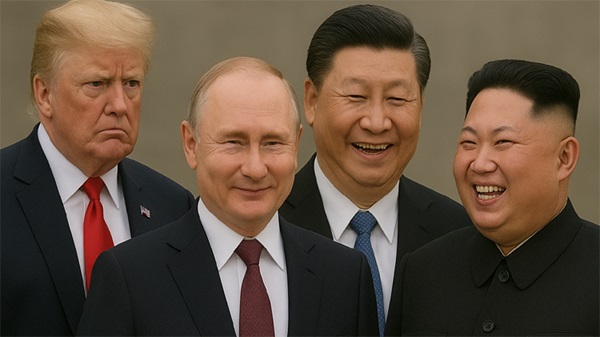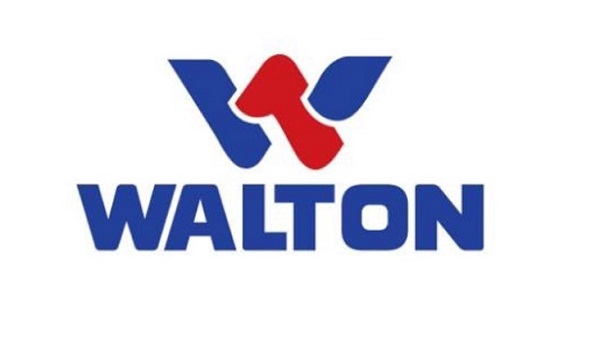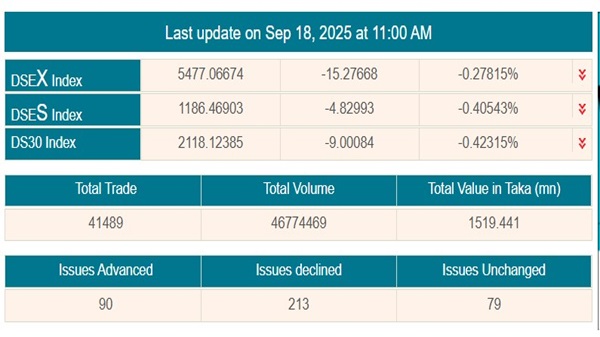Gambling has transcended its traditional roots to become a vibrant aspect of digital culture. In this article, we’ll explore how online gambling, especially through platforms offering online pokies, has not only changed the way we play but also how we connect with each other in the digital age. We’ll delve into the social dynamics, technological advancements, and the overall cultural significance that gambling holds in our online interactions. So, if you’re curious about the intersection of gambling and digital culture, keep reading!
- The Evolution of Gambling in the Digital Age
- How Online Pokies Became a Popular Digital Pastime
- The Role of Social Media in Promoting Online Gambling
- The Psychological Appeal of Gambling in Digital Spaces
- Regulations and Ethical Considerations in Online Gambling
- Future Trends: What Lies Ahead for Gambling and Digital Culture
The Evolution of Gambling in the Digital Age: From Casinos to Online Platforms
Gambling has come a long way since the days of brick-and-mortar casinos. The advent of the internet revolutionized the industry, allowing players to place bets from the comfort of their own homes. Initially, online gambling platforms were rudimentary, but they quickly evolved, offering a more immersive experience that rivaled traditional casinos. As technology advanced, so did the variety of games available online, with online pokies gaining immense popularity due to their engaging graphics and easy accessibility.
How Online Pokies Became a Popular Digital Pastime Among Players Globally
Online pokies have become a staple in the world of digital gambling. Their popularity can largely be attributed to their simplicity and the thrill they provide. Unlike table games that require strategy or skill, pokies are purely based on chance, making them accessible to anyone. Players can spin the reels with just a click, and the potential for big wins keeps them coming back. Many platforms even offer themed pokies based on popular movies or TV shows, further enhancing their appeal.
Moreover, the advent of mobile gaming has made online pokies even more enticing. Gamblers can now enjoy their favorite games wherever they are—waiting for a bus, during a lunch break, or lounging at home. This convenience has led to an increase in casual gambling, where players enjoy short sessions rather than long nights at a casino. The integration of social features, such as leaderboards and sharing achievements on social media, has further entrenched online pokies into the fabric of digital culture.
The Role of Social Media in Promoting Online Gambling and Connecting Players
Social media has played a pivotal role in the growth and normalization of online gambling. Platforms like Facebook, Instagram, and Twitter have become hubs for gambling communities, where players share tips, experiences, and winnings. This sharing culture has helped break down the stigma that once surrounded gambling, making it a more accepted pastime. Online casinos often leverage social media for promotional campaigns, offering bonuses and incentives for players who engage with their content. For those interested in trying their luck, you can explore a variety of options at https://tepamuescape.co.nz/online-pokies/.
Additionally, influencers and streamers have emerged as significant figures in the gambling community. Many stream their gaming sessions live on platforms like Twitch, allowing viewers to watch and learn from their strategies while also enjoying the entertainment factor. This real-time interaction creates a sense of community, where viewers can discuss strategies, celebrate wins, and even partake in live chats with the streamers themselves. It’s a fascinating blend of gambling and social interaction that has further cemented gambling’s place in digital culture.
The Psychological Appeal of Gambling in Digital Spaces: Risk and Reward
The allure of gambling in any form is often tied to the psychological thrill it provides. The element of risk combined with the possibility of reward taps into our innate desire for excitement and adventure. In digital spaces, this appeal is enhanced by the use of sophisticated algorithms and enticing graphics that create an immersive environment. Players can easily get lost in the experience, feeling the rush of anticipation with every spin of the reels or flip of the cards.
Moreover, the instant gratification that comes with online gambling is a significant draw. Unlike traditional casinos where you might wait for a table or a slot machine to free up, online platforms offer immediate access to games. This immediacy can create a sense of urgency, pushing players to engage more frequently. However, this can also lead to problematic behaviors, as the lines between casual play and compulsive gambling can blur quickly in the fast-paced digital landscape.
Regulations and Ethical Considerations in Online Gambling: A Growing Concern
As the online gambling industry continues to grow, so too do the concerns surrounding regulation and ethics. Many countries have implemented strict guidelines to ensure player safety and fair play, but the landscape varies significantly from region to region. For instance, while some jurisdictions have embraced online gambling, offering licenses to operators, others have imposed bans or restrictions that can limit player access.
| Country | Regulation Status | Notes |
|---|---|---|
| United Kingdom | Fully regulated | Strict guidelines for operators and player protection |
| Australia | Mixed | Some states allow online gambling, others have restrictions |
| United States | Varies by state | Some states have legalized online gambling, others have not |
| Canada | Mostly regulated | Online gambling is legal but varies by province |
Furthermore, ethical considerations are becoming increasingly important as the industry expands. Issues such as responsible gambling, underage access, and the potential for addiction are at the forefront of discussions among regulators and operators. Many online casinos now offer features that allow players to set limits on their spending and self-exclude if needed, demonstrating a growing awareness of the need to protect players.
Future Trends: What Lies Ahead for Gambling and Digital Culture in the Coming Years
The future of gambling in digital culture looks set to be shaped by technology and changing player preferences. One of the most exciting developments on the horizon is the integration of virtual reality (VR) and augmented reality (AR) into online gaming. Imagine stepping into a virtual casino where you can interact with other players and dealers, all from your living room. This level of immersion could redefine the gambling experience, making it feel more social and connected.
Additionally, the rise of cryptocurrencies is also impacting the online gambling landscape. Many platforms are now accepting Bitcoin and other digital currencies, offering players more anonymity and security when placing bets. This trend could pave the way for a new era of gambling, where transactions are faster and possibly less regulated, depending on how governments respond to this growing phenomenon.
- Embrace the social aspects of online gambling to enhance your experience.
- Stay informed about regulations in your area to ensure a safe gambling environment.
- Consider setting limits on your spending to maintain responsible gambling practices.
- Explore different types of games, including online pokies, to find what you enjoy most.
In conclusion, gambling has become an integral part of digital culture, evolving from traditional practices into a dynamic online experience. Through the convergence of technology, social media, and a deeper understanding of player psychology, online gambling, particularly through online pokies, is likely to remain a staple of our digital lives for years to come.




















